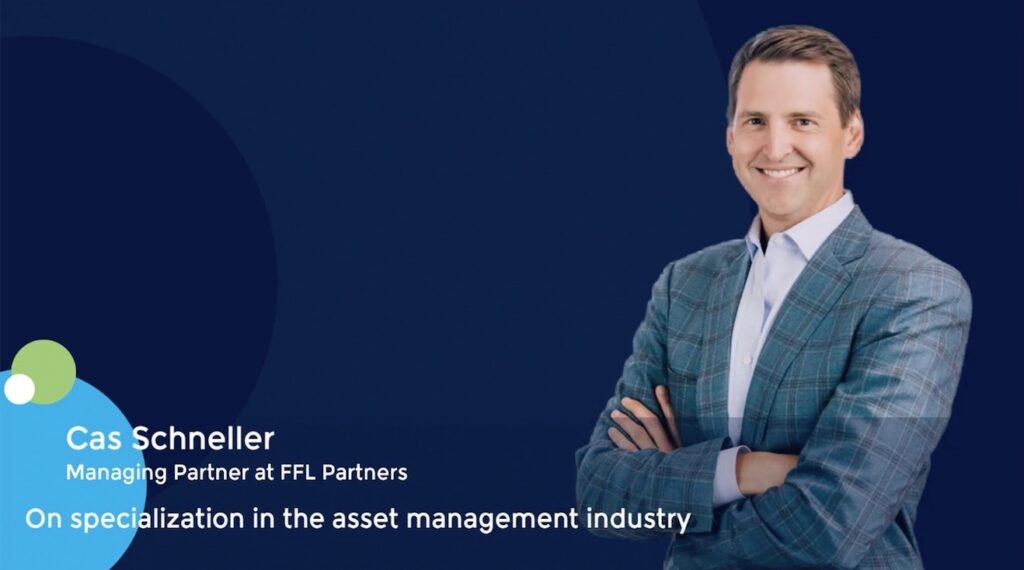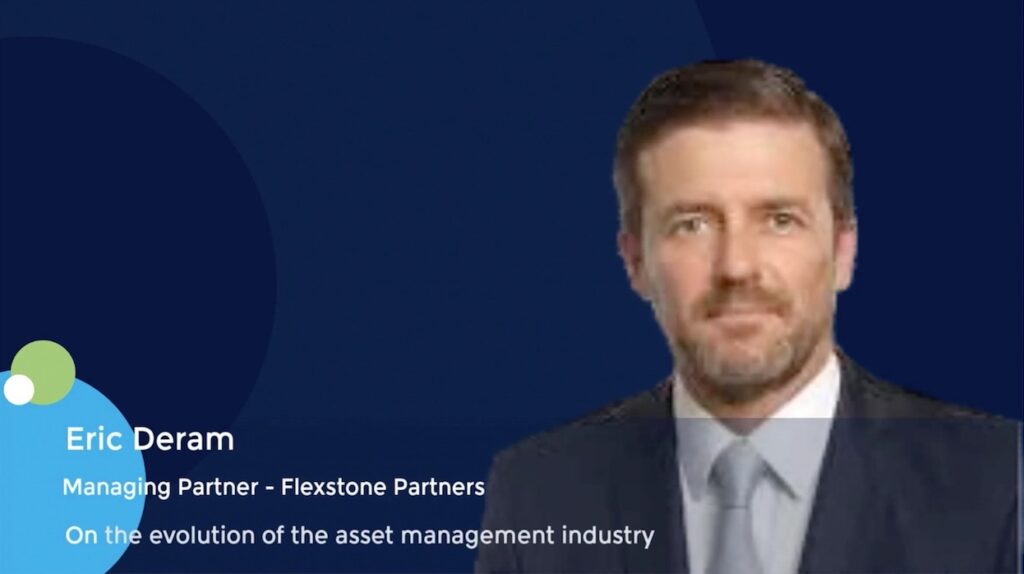Advent backs Automic as cloud-native disruptor of global registry services
Broadening investor access to private markets is a big-picture trend underpinned by a granular supporting infrastructure. With every new investor type or product type comes additional administrative complexity, and Advent International believes Australia-based Automic Group is well-positioned to make sense of it.
“It’s one of the trends we assessed during our due diligence,” said Beau Dixon, a managing director and head of Australia and New Zealand at the private equity firm. “It provides an additional opportunity for a technology-led, single data layer, 100% cloud native platform that is fungible across different scales of investor and end-customer.”
Advent recently acquired Automic for a reported AUD 725m (USD 471m), taking out a minority position held by Five V Capital as part of the deal. Financial services technology is a key sub-sector within the firm’s coverage of business and financial services. Automic was identified as an asset that could scale globally, capitalising on complexity and outflanking multi-layered legacy providers.
Fund administration was only added to the company’s service offering in 2021, but it is the fastest-growing business segment, expanding at an average of 50% per year. The longer-standing segment is corporate-facing – share registry services, employee share plans, and shareholder analytics. Automic claims to be Australia’s market leader by IPOs and listed company transitions worked on in 2025.
There are more than 1,400 customers, with a 60%-40% split between corporates and funds. Advent expects growth on both sides for the same reason: Since its inception in 2014, Automic has existed in the cloud with a modular architecture, maximising accessibility and functionality.
Old versus new
This single-data-layer approach is seen as distinguishing the company from older competitors with historically people-heavy operations encompassing multiple systems in different geographies. Dixon adds that Automic is unique in a highly fragmented global market in terms of the scope of services offered and the ability to move seamlessly between them.
“There are certainly players offering core registry for listed corporates or elements of fund administration or fund services,” he said. “But when you look at Automic’s broad suite of services – an integrated offering across funds, fund admin, and corporates – there isn’t a pureplay 100% cloud native technology competitor operating in multiple global markets.”
Private equity’s fingerprints are all over these strands of business services, which share appealing characteristics like sticky customers, high free cash flow conversion, and suitability for roll-ups.
Two share registry giants have emerged from Australia – Computershare, which claims to be the global leader, and Link Administration Holdings, which also has a pension administration business. Pacific Equity Partners bought Link in 2005, exited after an IPO in 2015, and then tried – and failed – to privatise it in 2020. Mitsubishi UFJ Trust & Banking Corporation acquired Link last year.
Most leading global corporate services and fund administration players have been owned by private equity at various junctures. When EQT combined Tricor Group and Vistra Group in 2023, it created a behemoth spanning three divisions: company incorporation, trust and fiduciary services, and fund administration; business services; and investor services and share registry management.
The company, now known as Vistra, has 10,000 professionals located in more than 50 markets who help manage 200,000 legal entities and administer nearly USD 500bn in assets. Automic is asset-light, providing the technology platform, not the outsourced services. The two co-exist, but Dixon emphasises the power of technology-centric propositions.
“If we use the last five years as a reference point, there has been an increase in the quality of technology and platforms, including Automic,” he said.
“They have demonstrated the power of platforms that have resilience, scalability, and a higher quality service offering than non-platform-centric businesses. I think this will continue given the greater complexity of financial markets, reporting, and shareholder communications.”
Going global
Advent will invest in the Automic platform, growing the existing service offering and rolling out additional modules. It also plans to take the business outside of Australia and New Zealand, targeting markets that are similar in structure and regulation. This expansion, which could be organic or through M&A, is currently being mapped out in consultation with management.
It would not be the first financial technology company to use Australia and New Zealand as a platform for global growth. Local success stories include buy now, pay later specialist Afterpay – now a subsidiary of Block – payments platform Airwallex, and revenue management player Transaction Services Group (TSG). Advent bought TSG in 2019.
“There is an incredible backdrop of stable financial markets, a sophisticated group of listed and private investors across companies and funds, and supportive government policies for innovation and R&D,” Dixon said. “It creates a strong ecosystem, and it also provides access to high-quality technology talent.”












